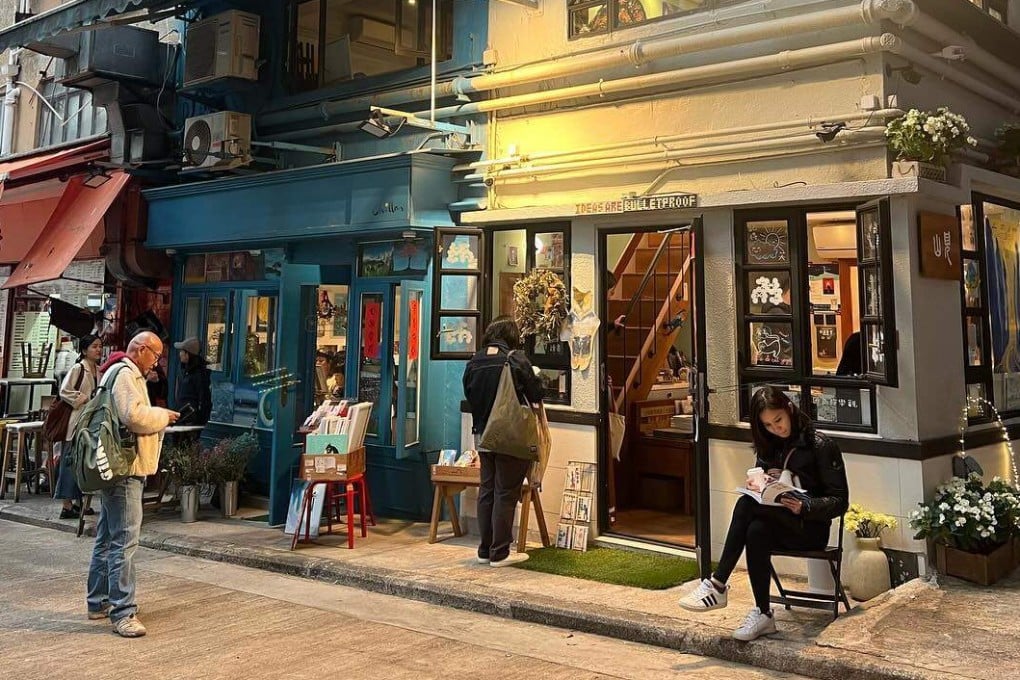How Hong Kong independent bookstores are in flux amid closures – but it’s not all doom and gloom
- Recent months have seen well-known independent bookstores close in Hong Kong after they were suspected of breaking various laws
- New bookstores exhibiting novel business models are emerging, including one that recently opened in a wet market

The Year of the Dragon has just begun and, for most, promises a new start. For some of Hong Kong’s best-known independent bookshops, however, the last few months have seen things reach an end.
Hillway Culture in Mong Kong closed at the end of December. Mount Zero in Sheung Wan announced it would close at the end of March. Prejudice Bookstore, which had been accused of breaching its lease agreement at the Kwun Tong factory building in which it was tucked away, closed at the end of January, but has been able to relocate nearby.
For all three, the main challenge has not been not poor sales, but operational difficulties that reflect a difficult environment for independent bookshops in Hong Kong.

In July 2021, Hillway Press received complaints from the Hong Kong Trade Development Council that some of the titles it was selling at the Hong Kong Book Fair might be in breach of the city’s National Security Law, which Beijing passed in 2020 after widespread anti-government protests that were sparked by proposed changes to Hong Kong’s extradition law.